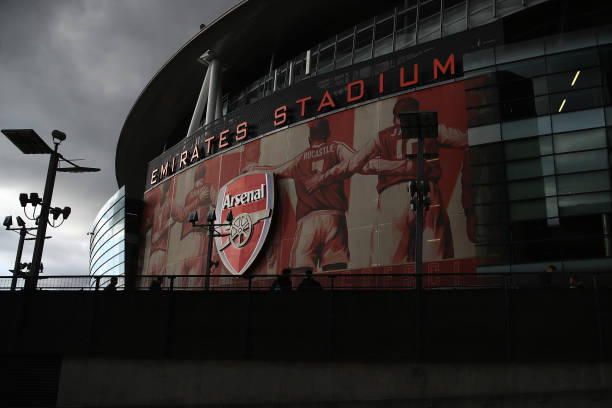The COVID-19 pandemic has left an indelible mark on industries worldwide, forcing businesses to adapt to a rapidly changing landscape. Among those industries, two seemingly disparate worlds, Arsenal Football Club and the online casino industry, have faced their unique sets of challenges and opportunities as they strive to adapt and thrive in the new normal.
The impact of COVID-19 on the online casino industry
The online casino industry is no stranger to volatility, but the COVID-19 pandemic unleashed a storm of change, pushing it to innovate and adapt in unprecedented ways. As people worldwide spent more time at home, they got to appreciate the advantages of betting on new sites, leading to the demand for online entertainment, including casino games, to skyrocket. Several key trends and adaptations within the industry accompanied this surge in demand:
Digital transformation, live casino and Virtual Reality (VR)
The pandemic accelerated the digital transformation of the online casino industry. Traditional brick-and-mortar casinos were forced to either close temporarily or limit capacity, leading many players to turn to online platforms. This shift resulted in substantial investments in technology and user experience enhancements by online casino operators.
To replicate the immersive experience of physical casinos, online platforms invested in live casino offerings and virtual reality technologies. Players could now interact with live dealers and other players in real time, bringing a sense of community back to gambling.
Evolving regulatory landscape and cryptocurrency integration
Governments worldwide recognized the need to regulate the booming online casino industry more effectively. This led to various regulatory changes aimed at ensuring player safety, fair play and responsible gambling. While these regulations added complexity for operators, they also improved the industry’s overall legitimacy.
Online casinos increasingly adopted cryptocurrencies as a payment option. Bitcoin, Ethereum and other digital currencies provided players with a more secure and private way to transact, overcoming traditional payment limitations.
Arsenal Football Club: A case study in adaptation
As the pandemic continued to disrupt lives and businesses, Arsenal Football Club, one of England’s premier football clubs, faced its unique set of challenges and opportunities. The club, with its rich history and massive fan base, had to adapt swiftly to the new game.
The most visible impact of COVID-19 on Arsenal was the absence of fans in stadiums. The roaring Emirates Stadium, known for its electric atmosphere, became eerily silent. To compensate for lost revenue, Arsenal, like many other clubs, explored alternative revenue streams. This included offering virtual matchday experiences, selling digital merchandise and expanding their digital content presence to engage fans globally.
Community engagement, Esports and virtual fan engagement
Arsenal also used their influence to contribute to the community during these challenging times. The club supported local charities, launched initiatives to combat loneliness among fans and provided educational resources to young supporters. These efforts helped maintain the club’s strong connection with its fan base.
Esports and virtual fan engagement became central to Arsenal’s strategy. They ventured into esports, establishing their own esports team and participating in virtual football competitions. This not only expanded the club’s brand presence but also attracted a younger, tech-savvy audience.
The intersection of Arsenal and online casinos
Interestingly, Arsenal Football Club explored a partnership with the online casino industry, recognizing the potential synergy between football and gambling. While controversial to some, this collaboration is allowing the club to generate additional revenue while offering fans unique experiences.
Through this partnership, Arsenal players and staff will be offered Code of Conduct and Responsible Gaming training. The online casino industry, in turn, benefited from exposure to Arsenal’s massive global fan base, with marketing campaigns targeting football enthusiasts.
Conclusion
The COVID-19 pandemic has reshaped industries across the globe, from online casinos to football clubs like Arsenal. Both faced unique challenges and opportunities during these unprecedented times.
Online casinos responded by embracing digital transformation, live casino experiences and cryptocurrency integration, while Arsenal adapted by exploring alternative revenue streams, engaging with the community, and venturing into esports.

